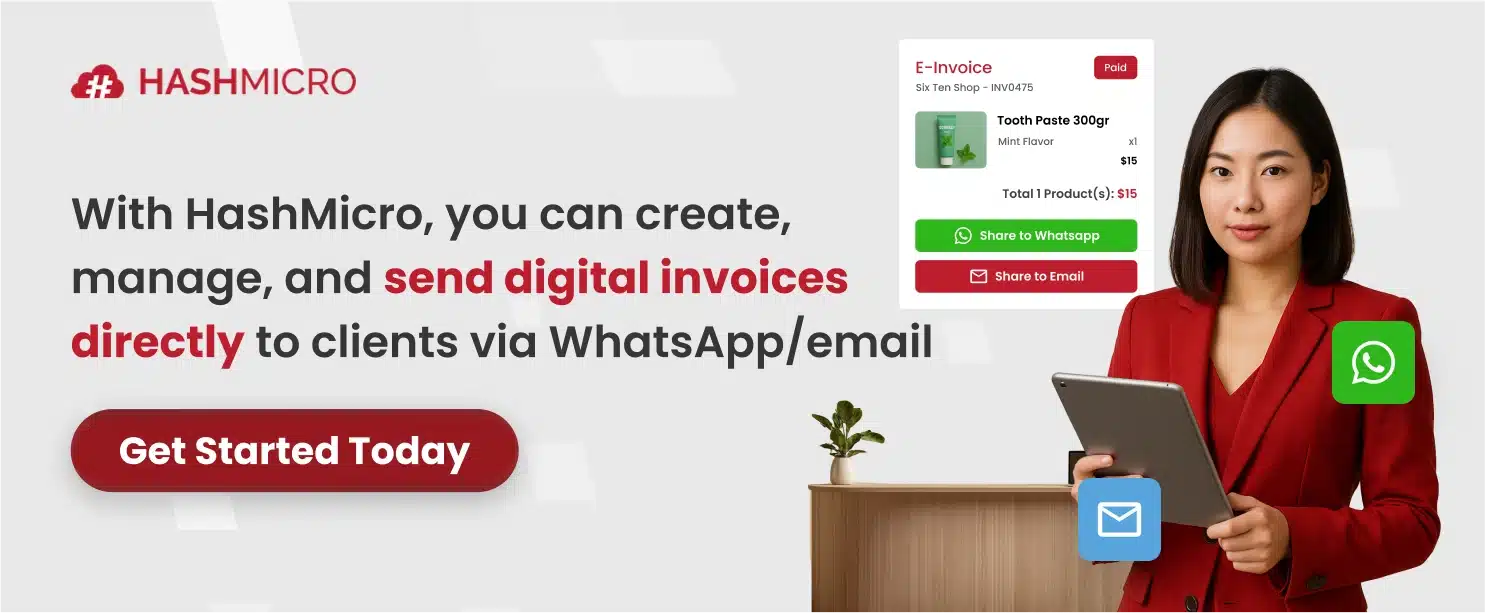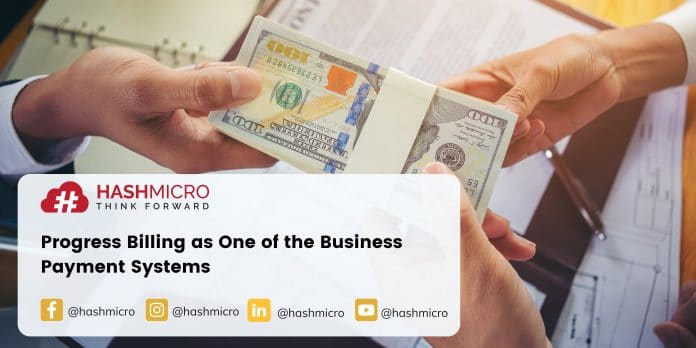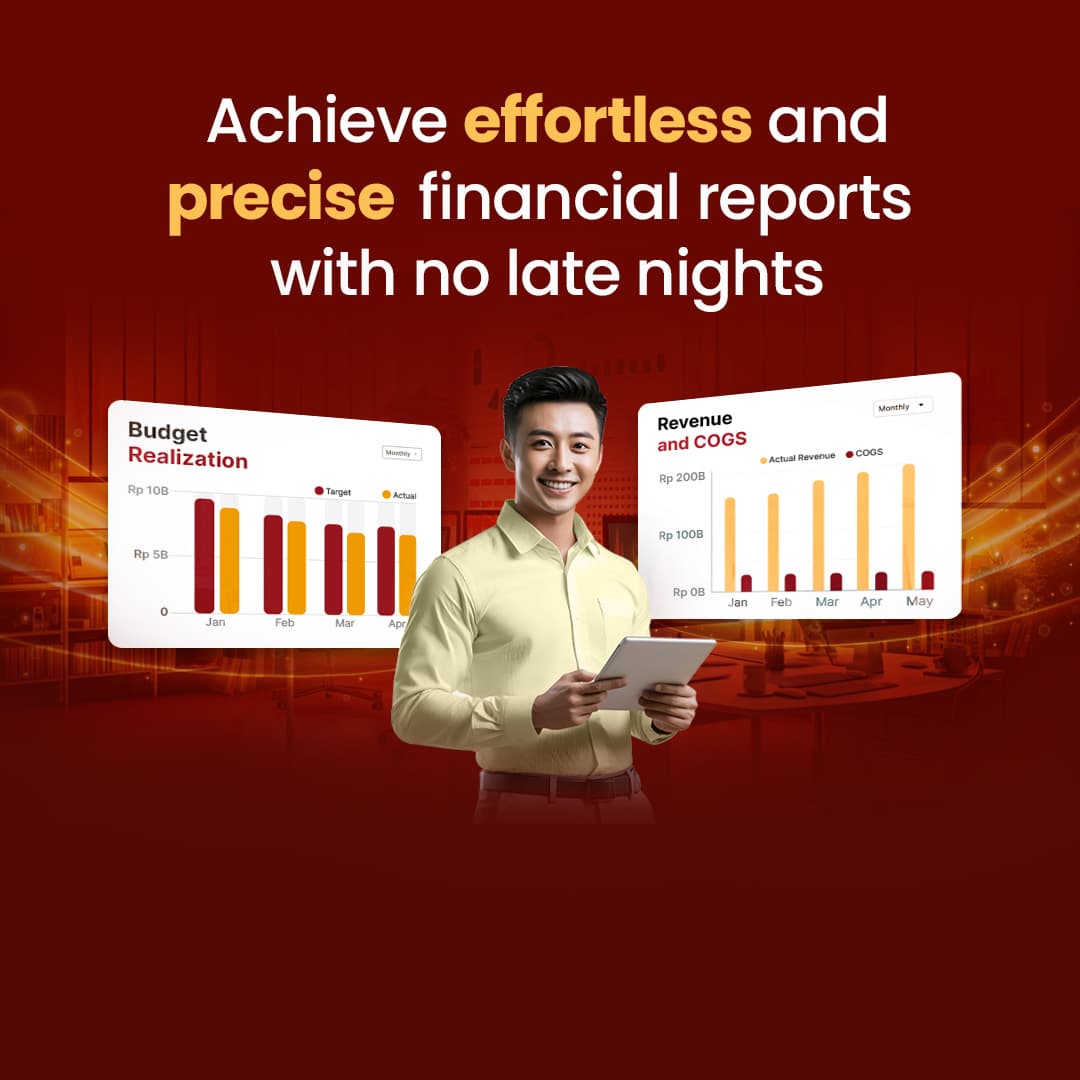When purchasing goods or services from a business, have you ever made the payments gradually? This payment system is widely known as progress billing. With this payment system, buyers will get convenience in paying for goods or services they bought gradually within a certain period. Companies can use an e-invoicing management system to simplify invoice creation and bill management and smooth cash flow by making automatic payment follow-ups.
However, if you are still confused about progress billing then you should read this article until it is complete.

Table of Content:
Table of Content
Progress Billing Definition

Progress billing is a payment system that can be done when the buyer has received the goods or services. This payment system is often familiar with the term installment or credit because the payment scheme of this payment system is done gradually.
Through this payment system, buyers can make payments of their purchase transactions gradually. Often the payment nominal has been determined by the seller. So, the buyer only needs to follow the payment procedure that the seller has determined, which can also be integrated into eBilling solutions for streamlined processing.
Also read: What is ERP and Why is it Important for Businesses?
The Distinction between Progress Billing and Down Payment
Progress billing and down payment terms are familiar in business activities. However, these two terms have different meanings. The distinction between these two terms can be known through their definition. Progress billing is a payment system that is done gradually when the buyer has received the goods or services.
Meanwhile, a down payment is money that the buyer gives at the beginning of the purchase transaction when using the credit option. A down payment is given when the buyer has not received the goods or services they want. Down payment can be in the form of a nominal or certain percentage.
Progress Billing Types
Progress billing as a payment system has several types. Each of these types has its advantages. Here are some types of it:
End of Month (EOM)
This type requires the buyers to make a payment at the end of the month. Therefore, determining the end-of-month date in this type becomes important because it could be the due date is on the last date of the month or a certain date at the end of the month.
n/30
In this type, the payment date is 30 days after the buyer receives the goods or services. For example, if the buyer makes a transaction on January 1st, the payment date is January 30th.
n/15 with EOM
This type indicates that the buyer must make a payment 15 days after the end of the month. For example, if the buyer makes a transaction on September 3rd with this type, the payment date is October 15th.
5/10, n/30
In this case, n/30 means that the payment must be made 30 days after the buyer receives the goods or services. Meanwhile, 5/10 means that if the buyer makes payment 10 days before the delivery date of goods or services, the buyer will get a 5 percent discount. The number of discounts could be modified based on the agreement between buyer and seller.
Switch to a paperless system by using a document management system. Share any video, e-book, and other documents digitally easily and swiftly.
You can also read articles about payment terms to better understand their importance and how they impact business transactions.
Progress Billing Function
Progress billing certainly has various functions. Here are the functions of this payment system:
Valid transaction proof
Progress billing can be valid transaction proof for sellers and buyers. In addition, as valid transaction proof, it can be a guideline for the seller or the buyer when there is an error in the transaction.
Evidence of the ongoing work progress
If the buyer uses this payment system, the payment time can be adjusted to the ongoing work progress. The buyer can determine the first payment date to the seller when the work progress has reached the desired stage and the last payment date when the work has been managed.
Also read: The Advantages and Disadvantages of Consignment in the Sales System
Progress Billing Benefits
As one of the payment systems, it provides many benefits for the sellers and buyers. Here are the benefits of this payment system:
Lower fees charged
Progress billing provides convenience for buyers in purchase transactions they make. With this payment system, the buyer does not need to pay the entire nominal payment in advance.
Work progress can be controlled
Through this payment system, the seller and buyer will commit to the completion of the work following the target.
Extra time to prepare the fund
The buyer will get a relaxation of payment time if choosing this payment system. With this extra time, buyers can prepare the funds to pay for the goods or services.
Conclusion
Progress billing can be a useful payment system option for buyers when purchasing goods and services from sellers. It offers buyers greater convenience and flexibility in payment timing. Additionally, the billing process allows for ongoing work progress to be monitored and controlled, helping ensure that outcomes align with the buyer’s expectations. When integrated with the best ERP software, progress billing becomes even more efficient, providing real-time tracking, automated invoicing, and improved transparency throughout the project lifecycle.

HashMicro as the leading ERP Software vendor in Singapore offers the best solution for your business in managing all sales transactions using the best Sales Management Software in Singapore. This Sales Management Software comes with the best features that are ready to take your business to the highest level. Nowadays, many companies in Singapore have trusted HashMicro to optimize their sales management. Click here to get the best deals and free demos!





















































